RSVP: Visit our Eventbrite by clicking here to RSVP
The National Cambodian Heritage Museum and Killing Fields Memorial are honored to present From the Killing Fields to the Healing Fields, an intimate event featuring art, music, and storytelling to commemorate Cambodian genocide survivors. This evening will include performances by local musicians and program participants and a keynote by renowned humanitarian Arn Chorn-Pond.
Forty-nine years ago, the Khmer Rouge regime led to the deaths of over 2 million people and the displacement of more than 600,000 survivors. Today, the Cambodian American community continues to grapple with intergenerational trauma. This event will explore how the arts foster understanding, compassion, and healing, offering a space to reflect on the past while looking toward a hopeful future.
"Mental health remains a taboo topic in our community," said Board President Laura Ouk. "For many survivors, their stories are filled with shame and sadness. Our elders often suffer silently, believing their experiences don't matter."
The museum plays a vital role in raising awareness about the Cambodian genocide, preserving cultural heritage, and providing programs that support survivors and their families. Join us for this powerful evening of music and storytelling that highlights the resilience of the Cambodian American community.
To learn more about Arn Chorn-Pond, visit Cambodian Living Arts.
Donations: Please consider donating to support our efforts by clicking reserve a spot and purchasing a donation ticket. If this is not a good option, please contact us directly.
For media inquiries, please contact:
Kaoru Watanabe
Associate Director
1-312-479-0126
kaoru@cambodianmuseum.org
The National Cambodian Heritage Museum & Killing Fields Memorial is committed to raising awareness about the Cambodian genocide and promoting social justice. Through its programs, the museum advocates for genocide survivors and their families, fosters healing through the arts, and develops youth leadership in social justice.

